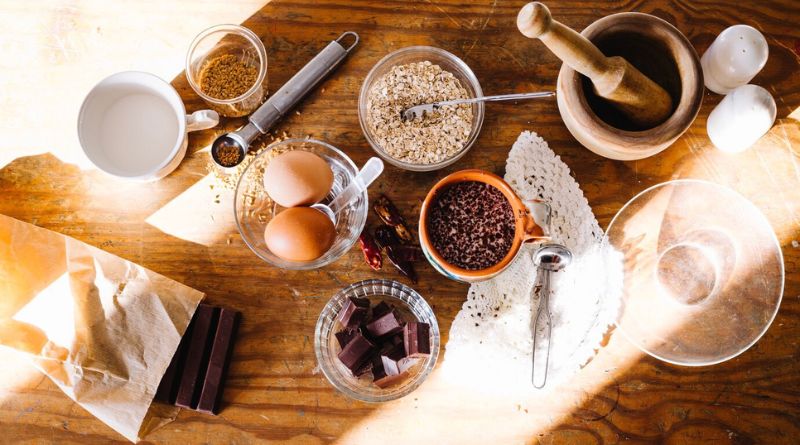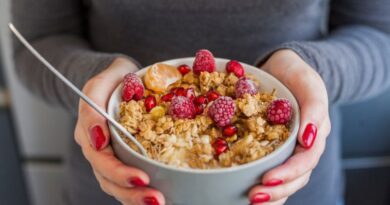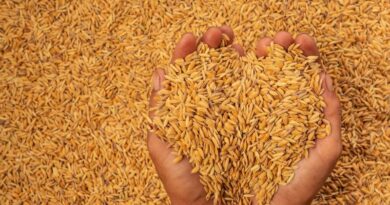Alternatives to Sugar in Baking – In the realm of baking, the quest for healthier alternatives to sugar has gained significant momentum. From fitness enthusiasts to health-conscious bakers, the desire to indulge in sweet treats without compromising on well-being has sparked a surge in the exploration of alternative ingredients.
This blog delves into five delectable substitutes that not only add a dash of sweetness but also offer added nutritional benefits. Embrace the art of baking with a healthier twist as we uncover the secrets to creating guilt-free, mouthwatering delights.
5 Healthy Alternatives to Sugar in Baking
Honey

A natural sweetener with a rich history, honey has been cherished for its unique flavor and health benefits. In baking, it not only adds sweetness but also lends a subtle, floral essence to various delicacies. Packed with antioxidants, vitamins, and minerals, honey possesses anti-inflammatory properties and can aid in soothing sore throats and coughs.
When substituting sugar with honey, it’s essential to consider its higher sweetness level and adjust the liquid content in the recipe accordingly. Its natural moisture can contribute to a denser texture, making it a perfect choice for moist cakes, bread, and muffins.
Also Read: Healthy Eating Tips for Seniors
Maple Syrup
Derived from the sap of maple trees, maple syrup is a luscious, natural sweetener that imparts a distinct, caramel-like flavor to baked goods. Rich in antioxidants and boasting a lower glycemic index than sugar, it serves as a suitable alternative for those looking to regulate their blood sugar levels.
When using maple syrup in baking, it’s vital to reduce the amount of other liquids in the recipe to maintain the desired consistency. Its unique taste pairs exceptionally well with pancakes, waffles, and cookies, offering a delightful twist to traditional treats.
Stevia
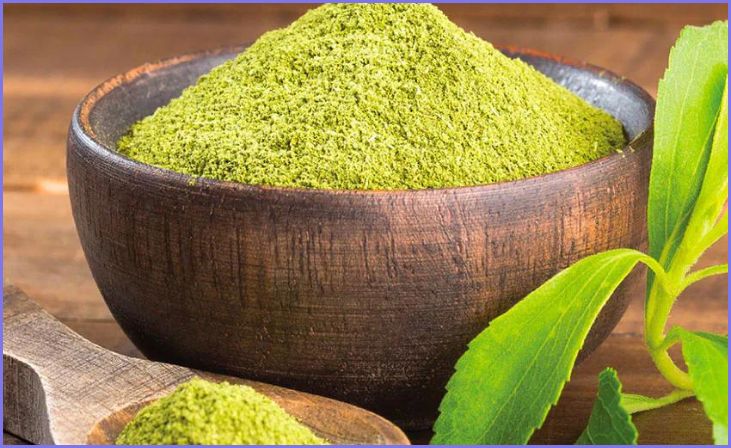
Extracted from the leaves of the Stevia rebaudiana plant, stevia is a zero-calorie, natural sweetener that has gained popularity among health-conscious individuals. With its intense sweetness, a small amount of stevia can go a long way in sweetening baked goods without adding extra calories.
It is important to note that stevia can have a slightly bitter aftertaste, which can be offset by combining it with other natural sweeteners or flavors. Suitable for a range of baked goods, including cakes, cookies, and beverages, stevia provides a guilt-free option for those watching their sugar intake.
Agave Nectar
Originating from the agave plant, agave nectar is a natural sweetener with a low glycemic index, making it a favorable option for individuals managing their blood sugar levels. With its mild, neutral taste, agave nectar seamlessly blends into various recipes, offering a subtle sweetness without overpowering other flavors.
Due to its liquid form, it is essential to adjust the overall liquid content in the recipe when substituting agave nectar for sugar. Its smooth texture and versatility make it an excellent choice for creating moist cakes, bread, and even salad dressings.
Erythritol
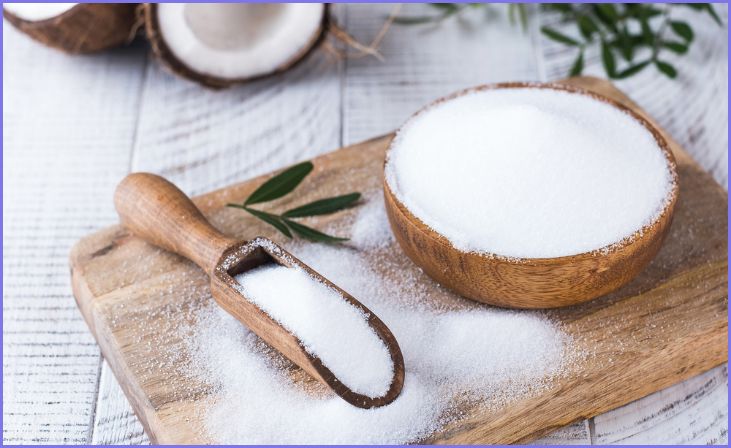
A sugar alcohol that occurs naturally in certain fruits and fermented foods, erythritol is a popular sugar substitute known for its low calorie and low glycemic index properties. It provides sweetness without contributing to tooth decay or raising blood sugar levels, making it an ideal choice for those following a low-carb or diabetic-friendly diet.
While erythritol can have a cooling effect when consumed in larger quantities, it is often used in combination with other sweeteners to balance out its flavor profile. It can be incorporated into various baked goods, including cookies, brownies, and frostings, to create a delectable, guilt-free experience for all dessert enthusiasts.
5 Reasons To Avoid Sugar in Baking
Increased Risk of Health Issues
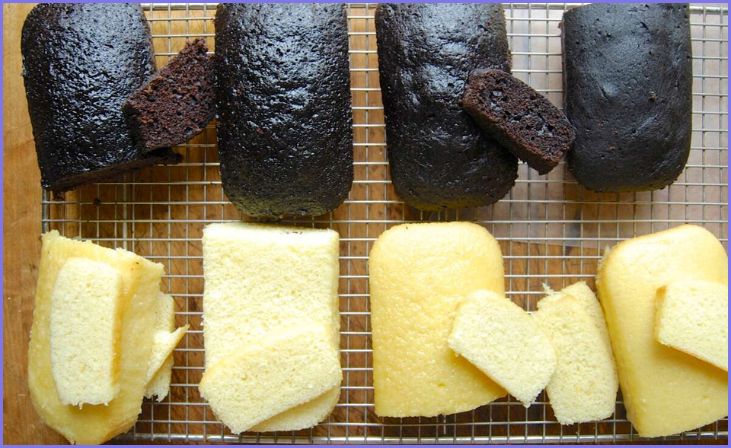
Excessive consumption of sugar, particularly through baked goods, can significantly contribute to various health concerns, including obesity, type 2 diabetes, and heart disease. There is a lot of refined sugar in baked goods, which can cause your blood sugar to rise quickly. This can strain your body’s insulin reaction and lead to insulin resistance, a major cause of type 2 diabetes.
Also Read: Breakfast to Lower Blood Sugar
Weight Management Challenges
Sugar-laden baked goods are often calorie-dense and can contribute to weight gain when consumed in excess. These empty calories lack essential nutrients and can lead to an increased craving for more sugary foods, creating a cycle of overconsumption that can sabotage weight management efforts. Cutting back on sugar in baking can help individuals maintain a healthier weight and reduce the risk of obesity-related health issues.
Dental Health Concerns
The presence of sugar in baking can lead to an increased risk of tooth decay and cavities. Bacteria in the mouth feed on the sugars present in baked goods, producing acid that erodes tooth enamel over time. Regular consumption of sugary treats without proper oral hygiene can lead to a higher incidence of dental issues, including cavities and gum disease, compromising overall dental health.
Energy Fluctuations
Baked goods high in sugar can cause rapid spikes and subsequent crashes in blood sugar levels, leading to energy fluctuations and feelings of fatigue. The initial surge in energy is often followed by a sharp drop, leaving individuals feeling drained and lethargic. Avoiding excessive sugar in baking can help stabilize energy levels, promoting a more consistent and sustained feeling of vitality throughout the day.
Also Read: Healthiest Vegan Protein Bars
Inflammation and Overall Well-Being
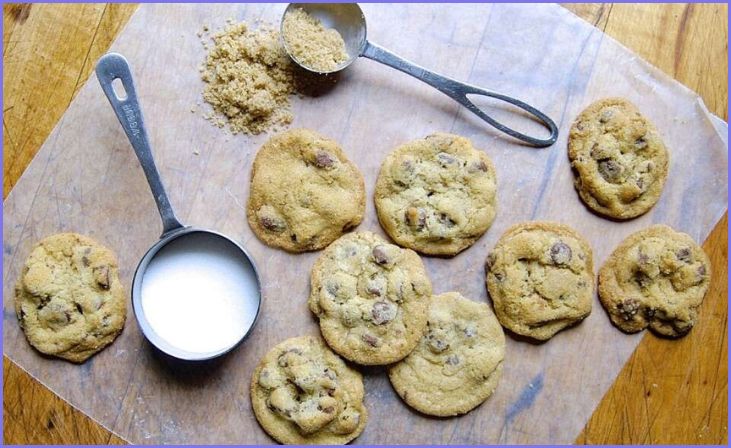
Sugar consumption, especially in the form of refined sugars commonly used in baking, can contribute to increased inflammation in the body. Chronic inflammation has been linked to various health conditions, including arthritis, heart disease, and certain types of cancer. By reducing sugar intake in baking, individuals can help lower the overall inflammatory response in the body, promoting better overall well-being and reducing the risk of developing inflammatory-related health issues.
Conclusion
With the growing awareness of the adverse effects of excessive sugar consumption, the demand for healthier baking alternatives has never been more pronounced. Embracing these five remarkable sugar substitutes not only allows for guilt-free indulgence but also presents a flavorful journey that adds a touch of innovation to traditional recipes.
Transform your baking repertoire by incorporating these alternatives and relish the delightful balance of health and sweetness in every bite. Cheers to a healthier, happier baking experience!
FAQs
The best sugar substitutes for baking include natural options such as honey, maple syrup, and agave nectar, along with artificial sweeteners like stevia and erythritol. These alternatives not only infuse sweetness but also bring distinct flavors and textures to your baked goods.
Sugar substitutes can influence the texture of baked goods in various ways. While natural substitutes like honey and maple syrup add moisture and can result in a denser texture, artificial sweeteners such as stevia and erythritol may not contribute to the same level of browning or caramelization, leading to a different texture profile. Understanding the characteristics of each substitute is crucial in achieving the desired texture for your baked treats.

